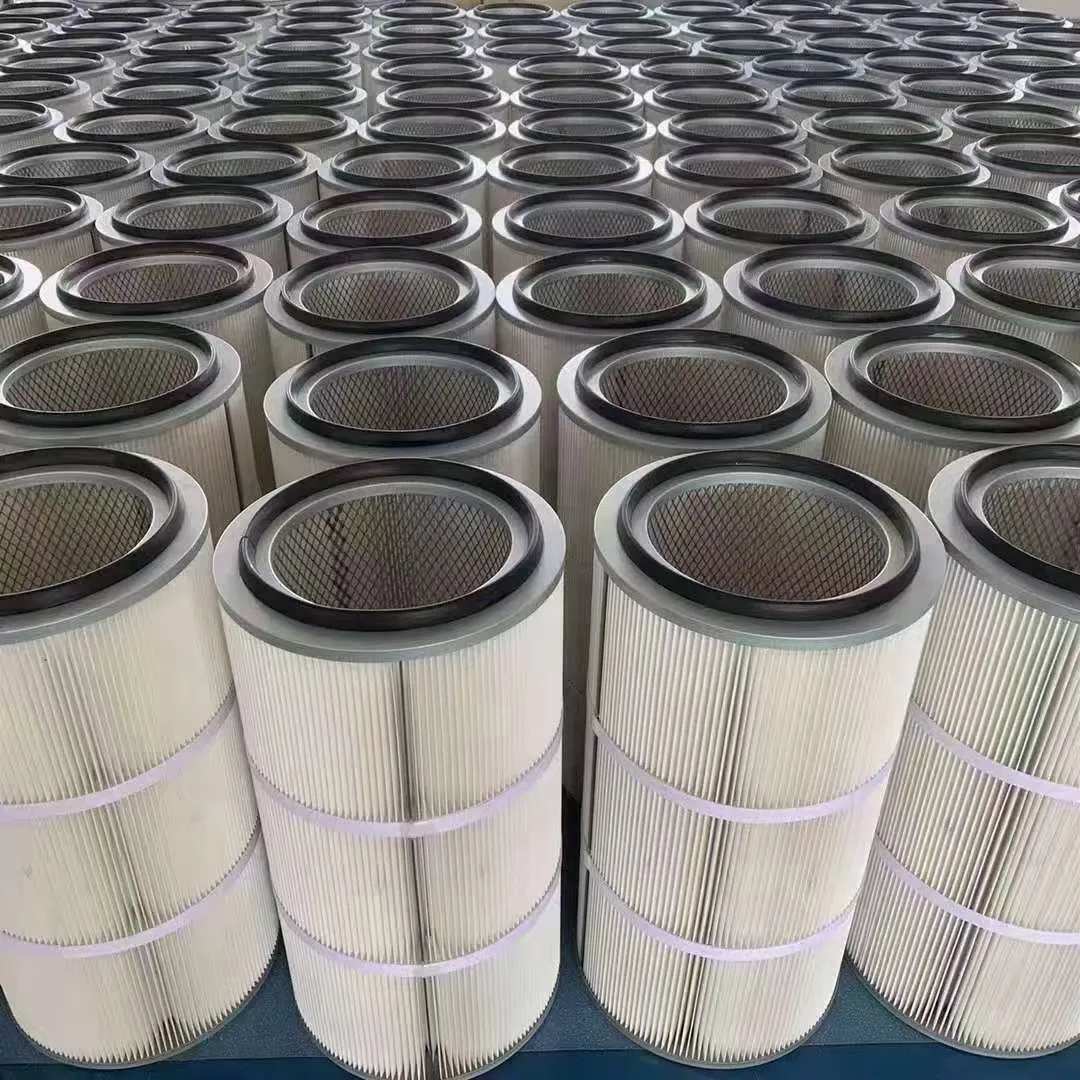 Tel:
+8615930870079
Tel:
+8615930870079
8월 . 12, 2024 22:24 Back to list
Exploring the Benefits and Applications of Metal Filter Elements in Industrial Processes
The Importance of Metal Filter Elements in Filtration Systems
In various industrial applications, maintaining the integrity of fluids is paramount. One way to ensure purity and effectiveness is through the use of filter elements, specifically metal filter elements. These components play a critical role in filtration systems by providing superior performance, durability, and versatility compared to other materials.
Metal filter elements are designed to remove particulates, contaminants, and other unwanted substances from liquids and gases in various processes. They are constructed from various metals, including stainless steel, aluminum, and bronze, which offer unique advantages. The choice of material can depend on the specific application, including temperature resistance, chemical compatibility, and structural integrity.
One of the foremost advantages of metal filter elements is their exceptional durability. Unlike traditional filter materials such as paper or fabric, metal filters can withstand extreme temperatures and pressures, making them suitable for demanding environments. This resilience reduces the need for frequent replacements, resulting in lower maintenance costs and improved operational efficiency. Industries such as automotive, aerospace, and chemical processing greatly benefit from this longevity, as it enhances reliability and productivity.
In addition to their durability, metal filter elements provide excellent filtration performance. They can be designed with various pore sizes to capture a wide range of contaminants, from large debris to microscopic particles. This capability ensures that the filtered fluids meet stringent quality standards. For instance, in food and beverage production, metal filters can help maintain the purity of products, preventing contamination that could affect consumer health and safety.
metal filter element

Metal filters are also capable of withstanding harsh chemicals and environments. In industries such as petrochemical processing, where corrosive substances are prevalent, metal filter elements offer the necessary resistance to degradation. This capability enables the filters to maintain their performance over time, ensuring consistency in filtration processes. Furthermore, metal filters can often withstand cleaning and regeneration procedures, allowing for repeated use without sacrificing effectiveness.
Another key benefit of metal filter elements is their adaptability. They can be manufactured in various shapes and sizes to fit specific system requirements. Whether it's a cylindrical filter for a fluid transfer system or a flat filter for air purification, the design flexibility of metal filters allows industries to tailor solutions that meet their unique operational needs. Advances in technology have further enhanced this adaptability, with the development of stainless steel sintered filters and perforated metal filters, which provide efficient filtration with ease of cleaning.
Moreover, metal filter elements are environmentally friendly. Their durability means they generate less waste compared to disposable filters, contributing to more sustainable operations. In recent years, as industries shift towards greener practices, the use of reusable and recyclable metal filters aligns with these objectives, reducing overall environmental impact.
In conclusion, metal filter elements are indispensable components in modern filtration systems. Their durability, excellent filtration performance, chemical resistance, adaptability, and environmental benefits make them a preferred choice across various industries. As technology continues to advance, the potential for improved metal filter designs and applications will only grow, further solidifying their role in ensuring the purity and quality of fluids in countless processes. By investing in high-quality metal filter elements, companies can enhance their operations, reduce costs, and promote sustainability, ultimately leading to a more efficient and responsible industrial landscape.
-
Types and Applications of Air Filtration CartridgesNewsJul.28,2025
-
The Role of Gas Turbine FiltersNewsJul.28,2025
-
Mastering Air Filter Cartridge UseNewsJul.28,2025
-
Advanced Turbine Filters for Modern Gas TurbinesNewsJul.28,2025
-
Cellulose Air Filter Cartridge Advantages in Dust FiltrationNewsJul.28,2025
-
Cellulose Filters for Air Particle ReductionNewsJul.28,2025

 Email:
Email:





